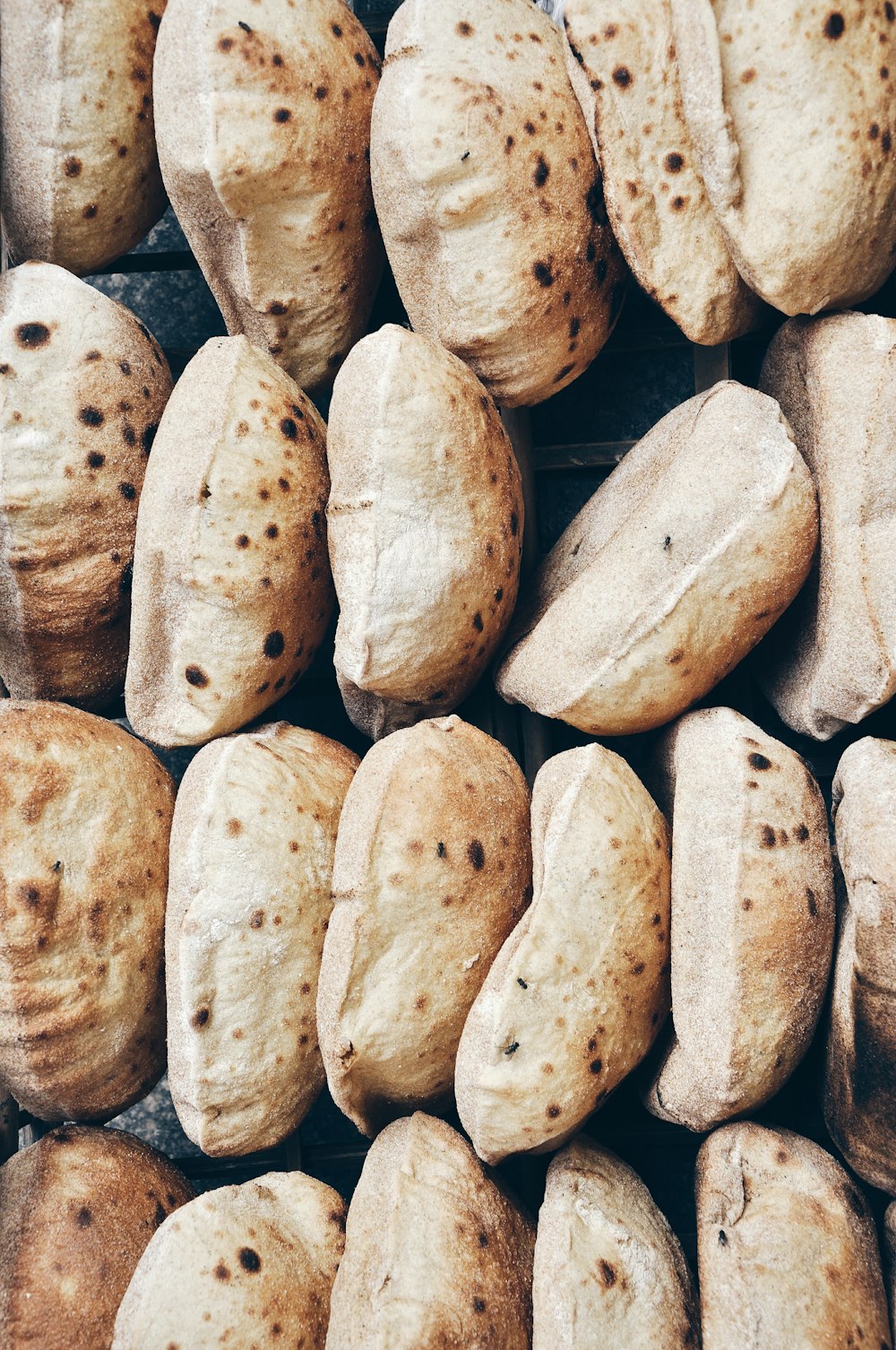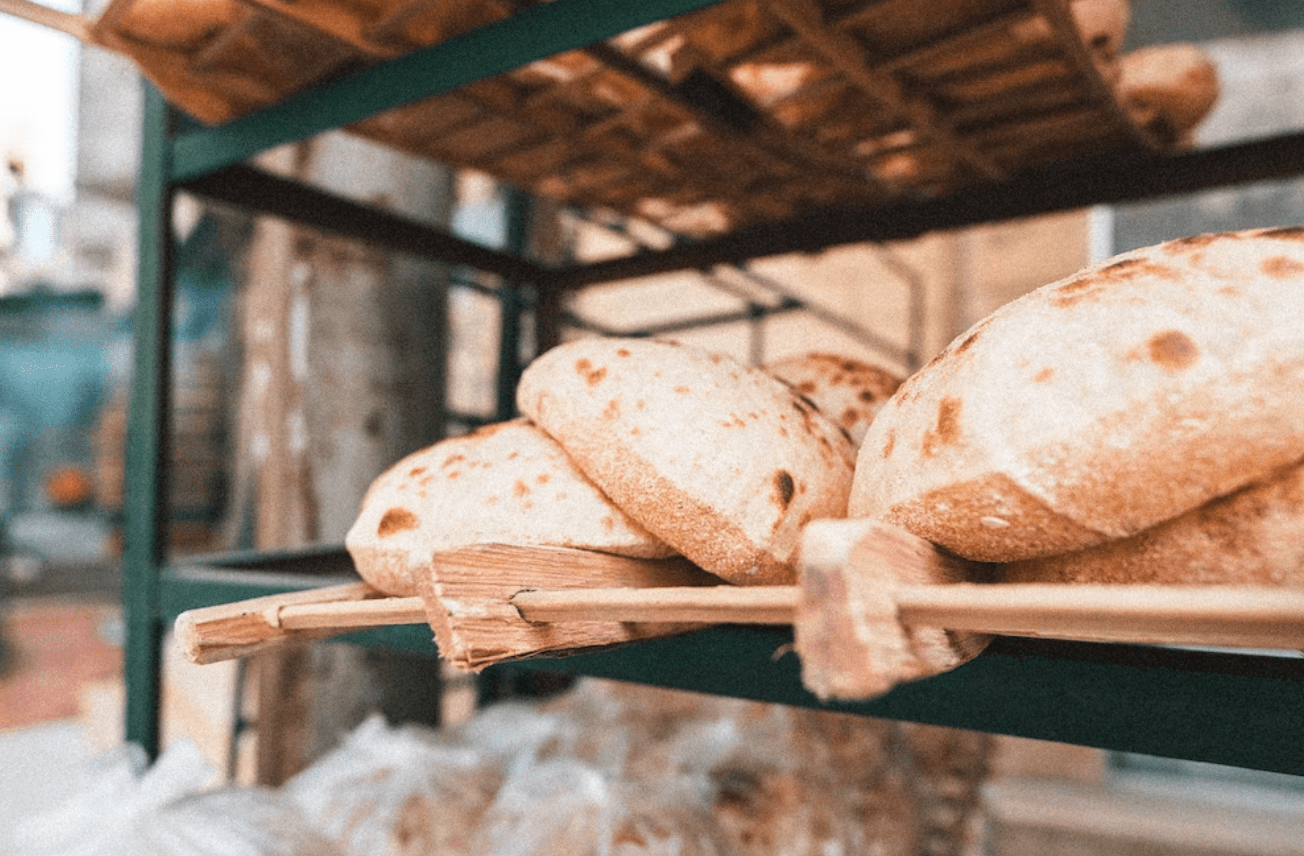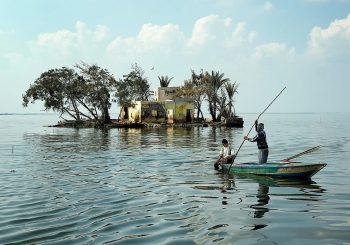
February 2022 saw a paradigm shift in world economies, politics, and resource-management: it saw the outbreak of the Russian invasion of Ukraine, and the subsequent war that has yet to see end. In the midst of tragedy and turbulence, crisis has become a common language among world leaders and housewives alike; more common, still, is the talk of crisis in Egyptian industry.
Egypt has struggled to stay afloat between aggressive inflation and looming water poverty. Russia’s invasion of Ukraine has only exacerbated this state of scarcity, given Egypt’s reliance on both countries to meet “even half of [its] domestic demand.” For years, Egypt’s agricultural sector has been unable to keep up with a growing population of over 106 million, and a growing need for food. As such, it has turned to subsidized imports in order to maintain affordability and sufficiency.
For decades, Egypt has been importing cereal grains and oilseeds from Eastern Europe, namely Ukraine and Russia. The economic habit-turned-necessity has led Egypt to become one of the world’s largest importers of wheat and among the top ten importers of sunflower oil. Eighty-five percent of the country’s wheat comes from Russia and Ukraine, as does 73 percent of its sunflower oil.
In 2021, Cairo was in the midst of food-price inflation not seen since the discord of the Arab Spring nearly a decade earlier. Despite working assiduously to rebuild the integrity of Egypt’s economic architecture, President Abdel Fattah al-Sisi now faces existential food shortage threats, leaving Egypt “vulnerable to skyrocketing food costs that are reaching budget-breaking levels” only made worse by the Russia-Ukraine war.
The war is credited with catapulting prices to “unsustainable levels” for Egypt. Wheat has increased in cost by 44 percent, and sunflower oil by 32 percent in what seemed to be an overnight exponential increase. With activity at Ukraine ports at a “complete standstill,” Egypt has grappled with finding alternative suppliers.

A Country’s Bread and Butter: Eish Baladi
Bread, locally known as eish, is more than a staple in Egyptian cuisine, it is a vital resource and the bedrock of political stability. Egyptians consume a rough estimate of 150 to 180 kilograms of bread per capita; this is more than double the global average of 70 to 80 kilograms. Egypt’s reliance on bread as a non-negotiable is, truly, non-negotiable.
To make a bad situation worse, eish baladi, a local flatbread, is subsidized by the government — which, as costs rise exponentially, is putting immense fiscal pressure on the local treasury. With more than 88 percent of Egypt’s population registered for the bread rationing system, Cairo has allocated over USD 3.3 billion (EGP 64.4 billion) in subsidies alone.
Though it’s worth noting that, prior to the Ukraine war, Egypt’s prices had been considered record high, only shooting further when global inventories emptied out in the wake of the crisis.

Oil Crisis?
Egypt imports 95 percent of its vegetable oil, and much like eish baladi, it is a subsidized commodity. With no end in sight to the Ukraine war, Egypt now faces yet another resource shortage; Russia and Ukraine are some of the world’s largest exporters of sunflower oil, with Egypt relying on the former for 54.4 percent of its imports, and the latter for 18.8 percent. It comes as no surprise that, alongside global shortages, Egypt has struggled against this worsening scarcity.
Given Russia and Ukraine’s position as leading exporters, Egypt cannot easily find replacement suppliers for either oil or wheat, and has taken to raising subsidy prices by double-digit percentages.
Still, while the food crisis’ severity continues to increase locally, Egypt is objectively “on much firmer financial footing than it was in 2011” during the Arab Spring. With greater fiscal resources at its disposal, the General Authority for Supply Commodities (GASC) has been working to mitigate the effects of the Ukraine war on Egypt’s local supplies, and has been doing so even beforehand. This includes cooperation with Western partners that are major suppliers of these commodities.
Calls for agricultural reform have, accordingly, been at the forefront of Egyptian dialogues — for good reason. Professor Michaël Tanchum of the Universidad de Navarra suggests establishing “joint venture investment partnerships” with the United States, Europe, and Israel in order to strengthen food security, given their position as industry leaders.
While the future remains uncertain, Cairo will continue to grapple with crisis until local institutions and industries are able to adapt a self-sustaining modus operandi.






Comment (1)
[…] only deepened by the Russia-Ukraine war. This is largely due to the country’s dependence on imports to meet its local demand. The Egyptian government has made moves to combat this scarcity by […]